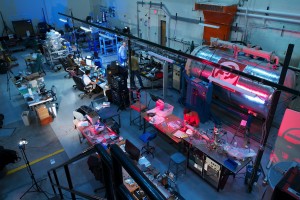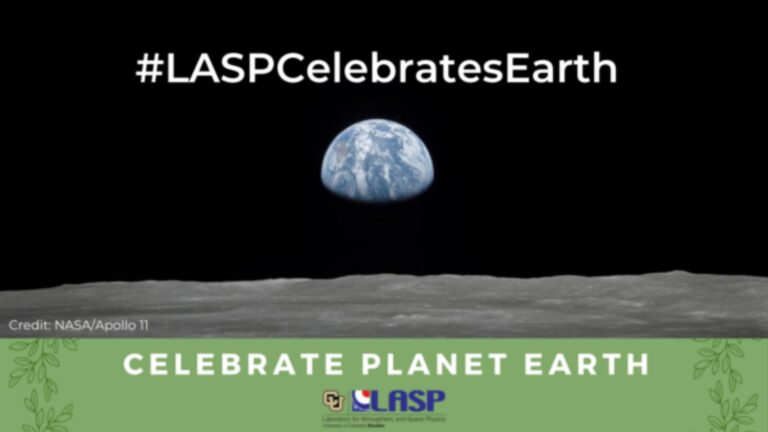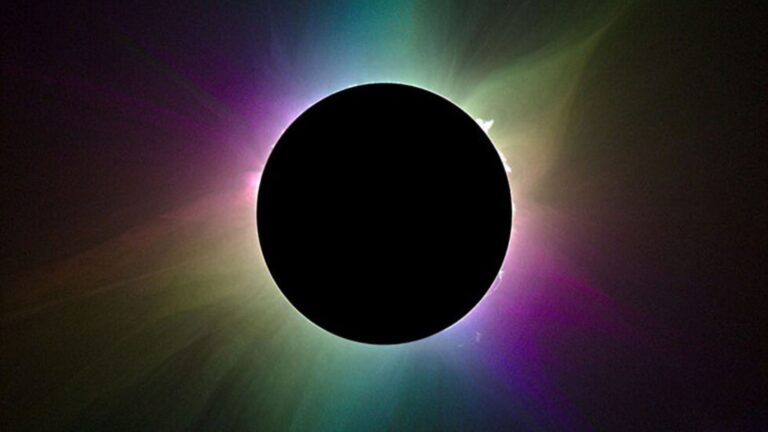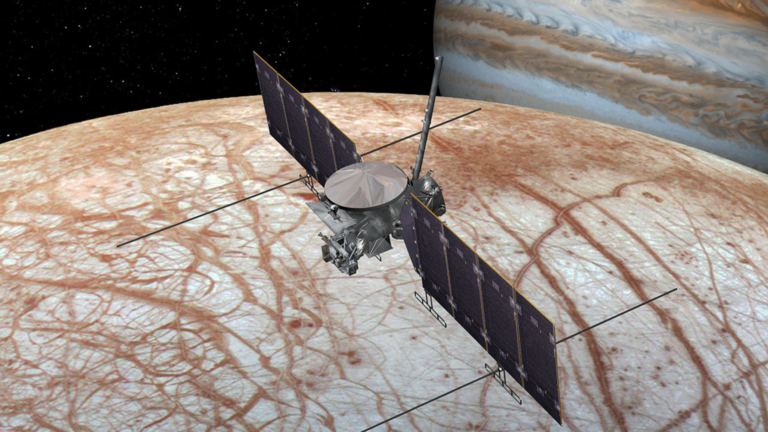
A LASP proposal has been selected by NASA’s new Solar System Exploration Research Virtual Institute (SSERVI).
LASP’s proposal outlines the creation of the Institute for Modeling Plasma, Atmospheres, and Cosmic Dust (IMPACT). IMPACT focuses on experimental and theoretical investigations of: the effects of high-speed dust impacts, plasma charging, mobilization and transport of dust due to human and/or robotic activities, as well as natural processes; and the near-surface plasma environment of airless bodies in the solar system, including our Moon, Near Earth Objects, and the moons of Mars Phobos and Deimos.
IMPACT’s experimental network includes a newly developed hypervelocity dust accelerator, a series of tabletop dusty plasma experiments, and an extensive series of labs for developing new instrument concepts. IMPACT follows on CU’s previous Institute, the Colorado Center for Lunar Dust and Atmospheric Studies (CCLDAS).
The research program contributes to safeguarding interplanetary missions against dust and radiation hazard, and after reaching a destination, sustaining our robotic and/or human presence. These efforts enable the development of new instrumentation, guiding the design, operation, and the analysis of in situ space experiments, addressing dust and plasma issues on or near airless, dusty regolith surfaces.
IMPACT is a 5-year $6 million award; partners include the Colorado School of Mines, as well as international collaborators from Belgium, Canada, Germany, and Russia.
Contact:
IMPACT Principal Investigator, Mihaly Horanyi: Mihaly.Horanyi@lasp.colorado.edu or 303-492-6903 / 303-735-4220



